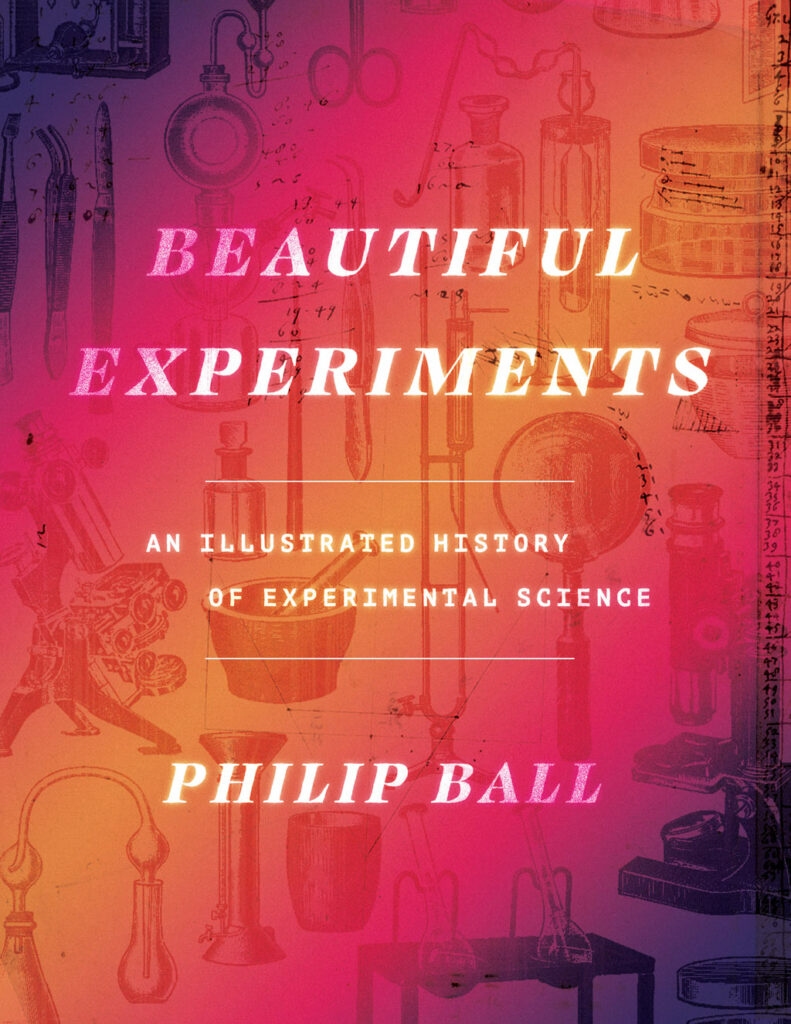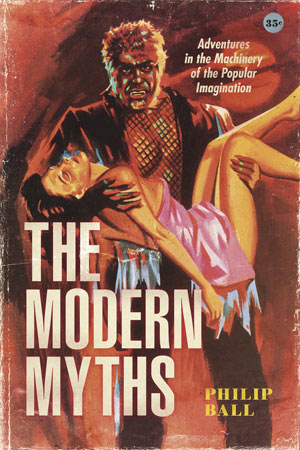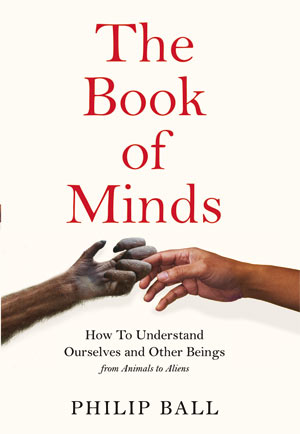HOW LIFE WORKS: A User’s Guide to the New Biology
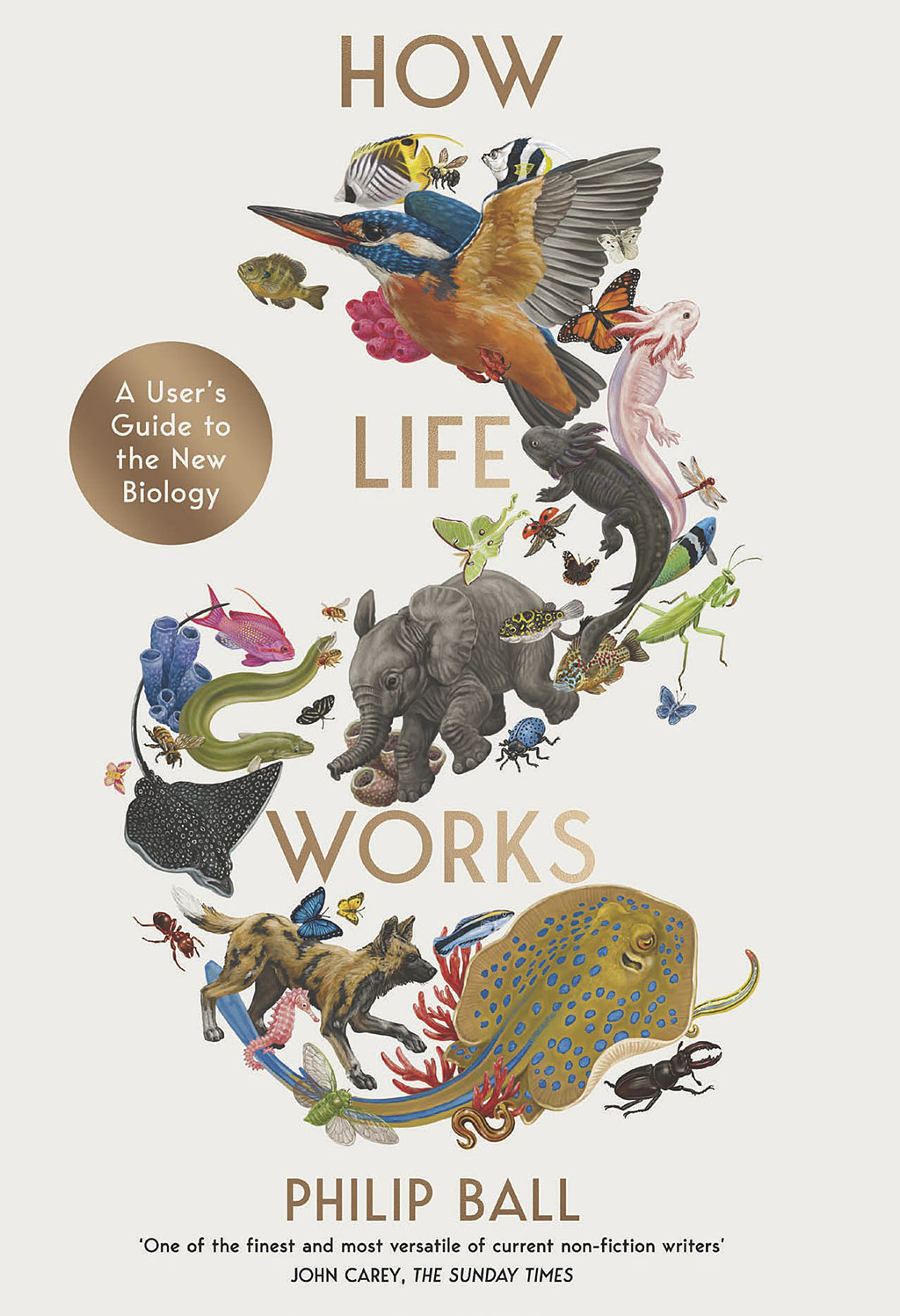
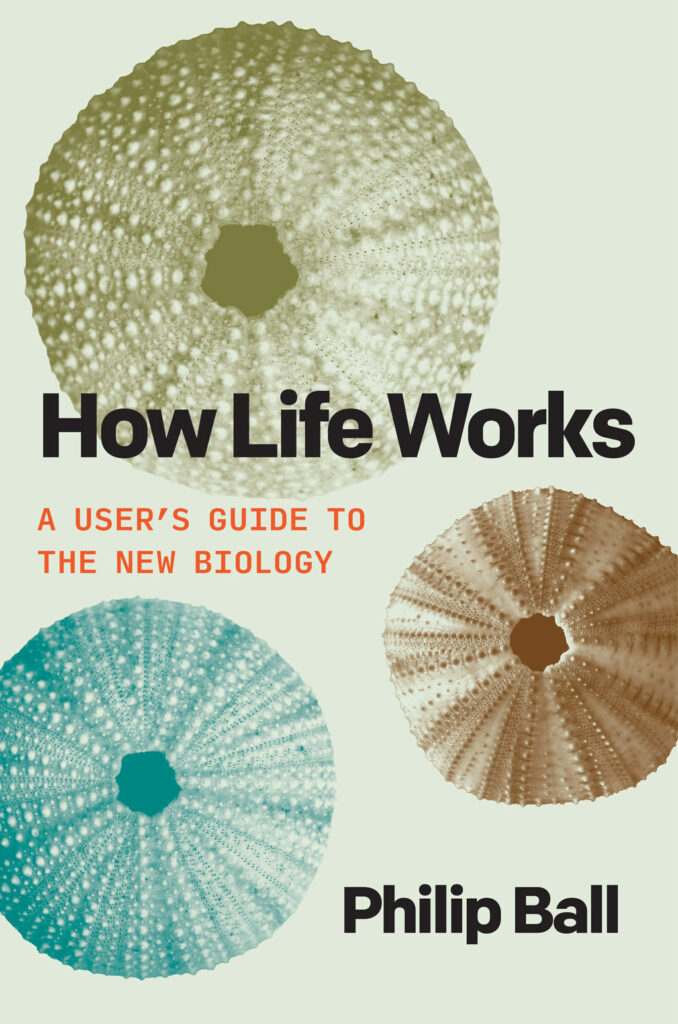
How Life Works: A User’s Guide to the New Biology by Philip Ball
Biology is undergoing a quiet but profound transformation. Several aspects of the standard picture of how life works—the idea of the genome as a blueprint, of genes as instructions for building an organism, of proteins as precisely tailored molecular machines, of cells as entities with fixed identities, and more—have been exposed as incomplete, misleading, or wrong.
…
HOW LIFE WORKS: A User’s Guide to the New BiologyRead More »

